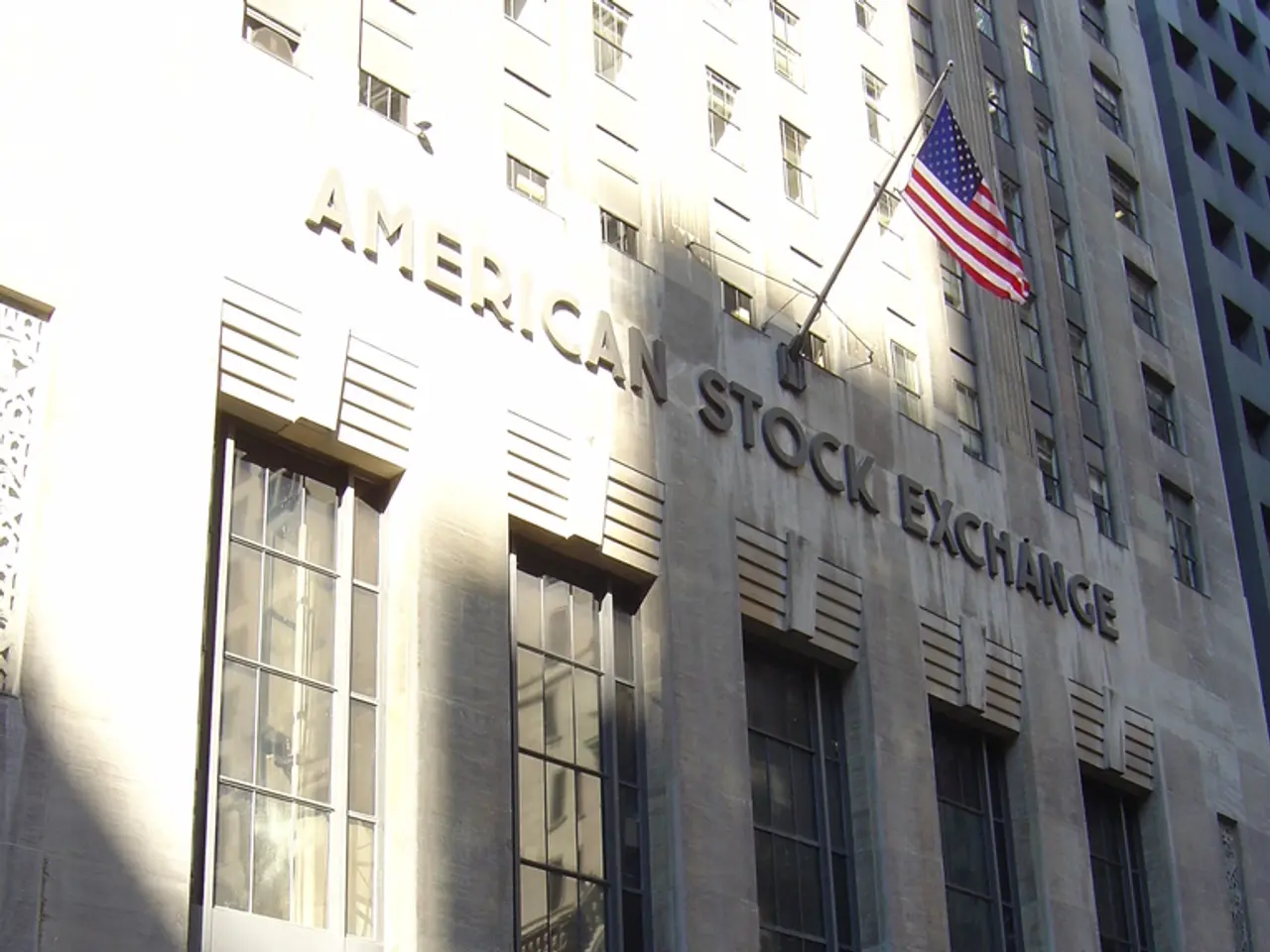Federal environmental clearance granted for Minneapolis's Blue Line expansion project
The Blue Line light rail extension project in Minneapolis, Minnesota, has received federal environmental approval, paving the way for the final design and construction of the long-awaited project. This milestone was marked by the signing of the Amended Record of Decision by the Federal Transit Administration.
Alongside the project's advancement, a community-focused approach has been maintained, with several support programs aimed at mitigating impacts on residents and businesses.
- $5 Million Business Support Program: Provides up to $30,000 each in rent assistance to businesses affected by construction to maintain economic stability during the multi-year construction period.
- $5 Million Community Investment Fund: Offers funding to community-serving organizations for rent and housing cost assistance aimed at helping current residents stay in their neighborhoods.
The Antidisplacement Community Prosperity Program (ACPP), a $10 million fund created by the Minnesota Legislature, focuses on preserving and enhancing affordable housing, supporting small businesses, job training and placement, and economic vitality along the Blue Line Extension corridor. The program is community-led, with a board including residents, business owners, and nonprofits.
However, community leaders have expressed frustration over perceived backtracking on equity commitments and calls for fully releasing the $10 million anti-displacement funding to address concerns effectively.
Metropolitan Council Chair Charlie Zelle and Hennepin County Board Chair Irene Fernando have both stated that this is the first time this type of support for residents and businesses has been included in a major project in Minnesota. The strategies include addressing noise and vibration, parking, property impacts, and more.
The public engagement process for the development and design of community support programs will launch this fall, aiming to ensure maximum benefit for residents and businesses once a Full Funding Grant Agreement is awarded.
This generational investment is not just about connecting thousands of people to new opportunities for work, school, and healthcare, but also about supporting the communities along the extension. The Metropolitan Council and Hennepin County continue to work closely with federal partners to advance the project toward construction.
[1] Local Community Advocates Criticize Delays in Funding Distribution and Changes in Funding Mechanisms for the Antidisplacement Community Prosperity Program (ACPP) [2] Community Leaders Call for Fully Releasing the $10 Million Anti-Displacement Funding to Address Concerns Effectively [3] Equity Commitments and the Blue Line Extension: A Look at the Antidisplacement Community Prosperity Program (ACPP) [4] Community-Led Approach to Addressing Displacement and Environmental Justice Concerns in the Blue Line Extension Project [5] The Blue Line Extension's Community Support Programs: A Comprehensive Overview
- The Antidisplacement Community Prosperity Program (ACPP), a $10 million fund aimed at preserving and enhancing affordable housing and supporting small businesses, has faced criticism from local community advocates due to delays in funding distribution and changes in funding mechanisms.
- Concerns over equity commitments have been raised by community leaders, who are calling for the release of the full $10 million anti-displacement funding to effectively address displacement and environmental justice issues in the Blue Line Extension project.
- The Blue Line Extension project, with its comprehensive community support programs, is not just about transportation infrastructure but also about addressing issues regarding public-transit, finance, industry, and the broader impact on the community, such as access to housing, small businesses, and employment opportunities.




